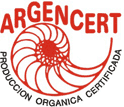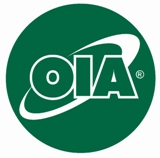The Common Agricultural Policy (CAP) and Rural development
The CAP is an instrument that is crucial to shape agriculture to meet future challenges such as climate change, biodiversity loss, soil degradation and the economic crisis. The current term of the Common Agricultural Policy (CAP) will end with the year 2013. The new farm policy 2014 to 2020 of the European Union is under discussion now. The period before the end of 2012 is therefore decisive to finally make the CAP a modern policy that meets the challenges that may massively impact on our future, such as climate change, the loss of biodiversity, degradation of water and soils. The CAP has to ensure the future supply of quality food through sustainable resource use. Moreover, the CAP plays a role in the socio-economic development of rural, particularly remote rural regions.
The CAP reform process
- Until 3rd June: Public consultation process on the CAP - European Commission
- 19-20 July: Conference “CAP post 2013” – Conclusions of Public consultation
- November/December 2010: Commission Communication on CAP post 2013 expected
- Summer 2011: Legislative Proposals for a new CAP expected
- Following: Co-Decision procedure including European Parliament and Council of Agricultural Ministers
- National Implementation of new CAP
The IFOAM EU Group calls for a fundamental reform of the CAP.
















